Flight of the Golden Peacock: The Return of Aung San Suu Kyi
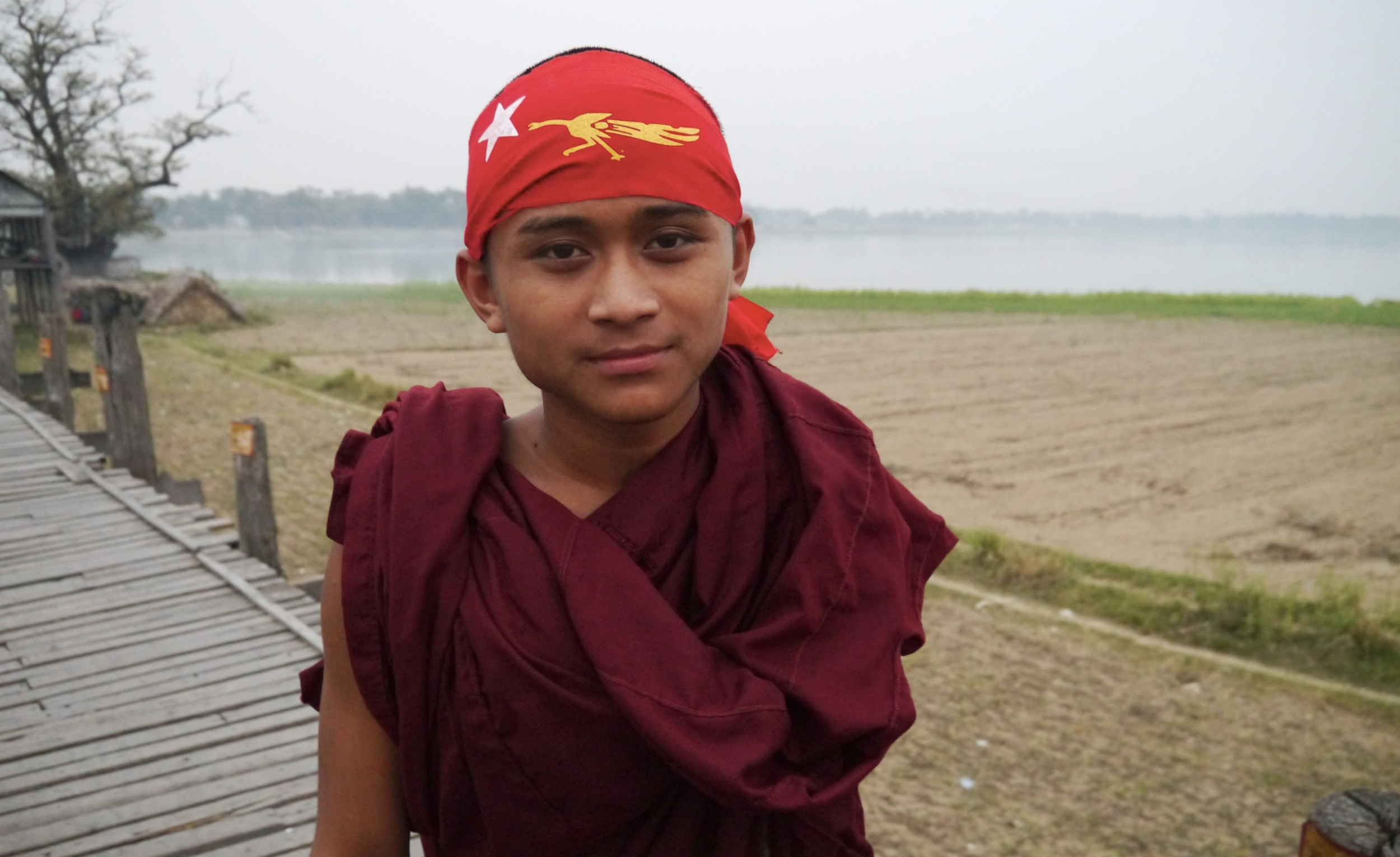
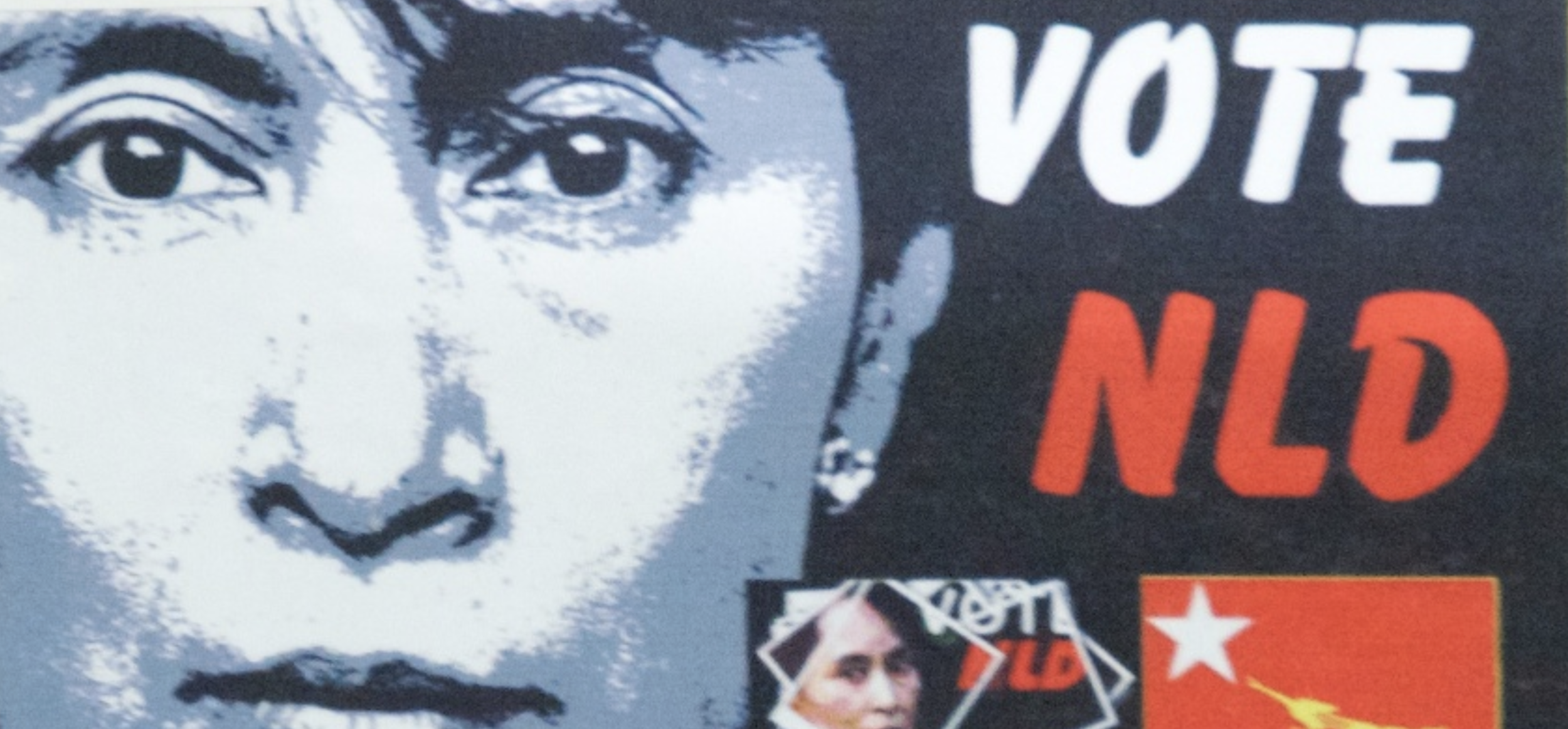
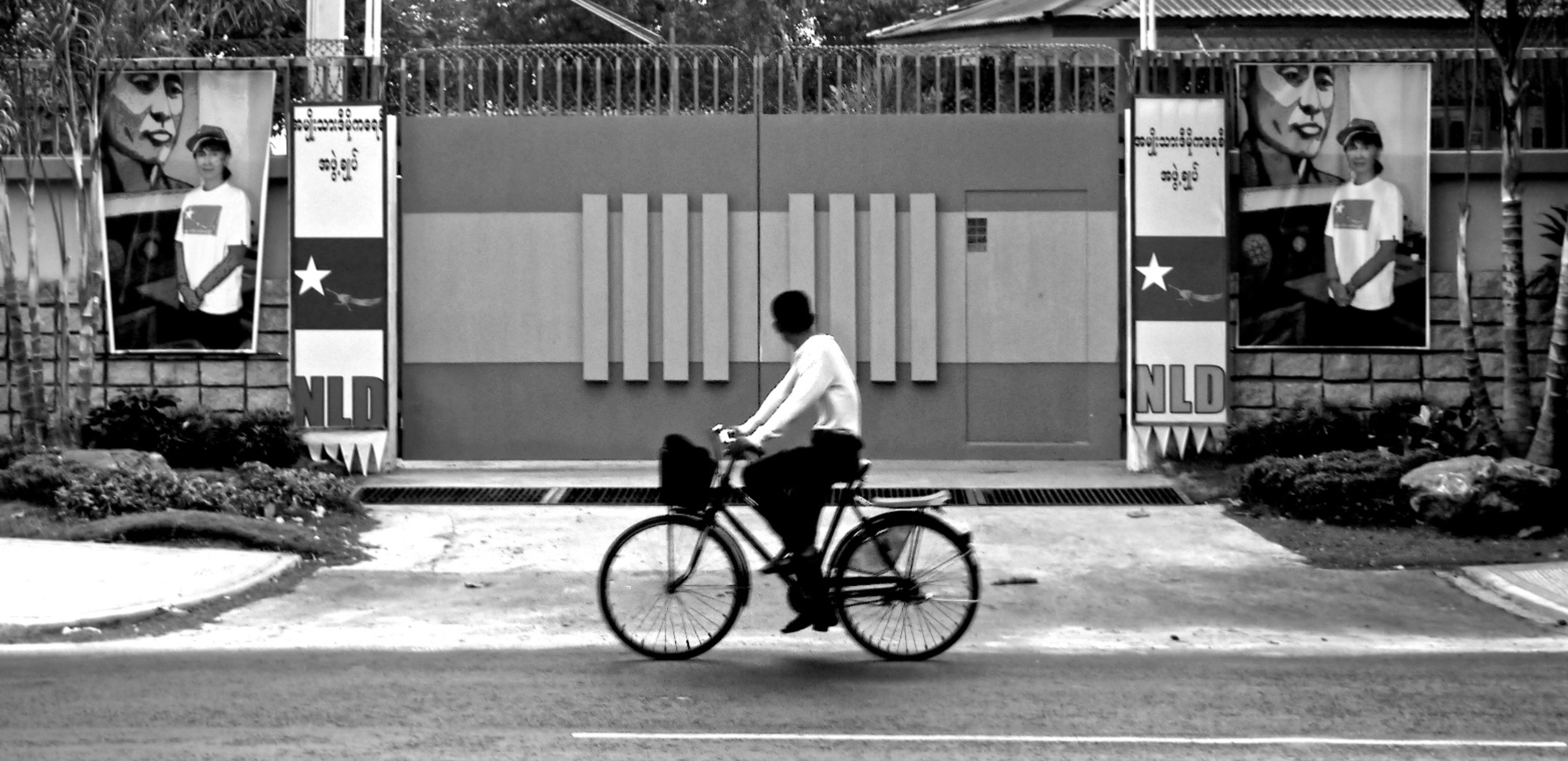
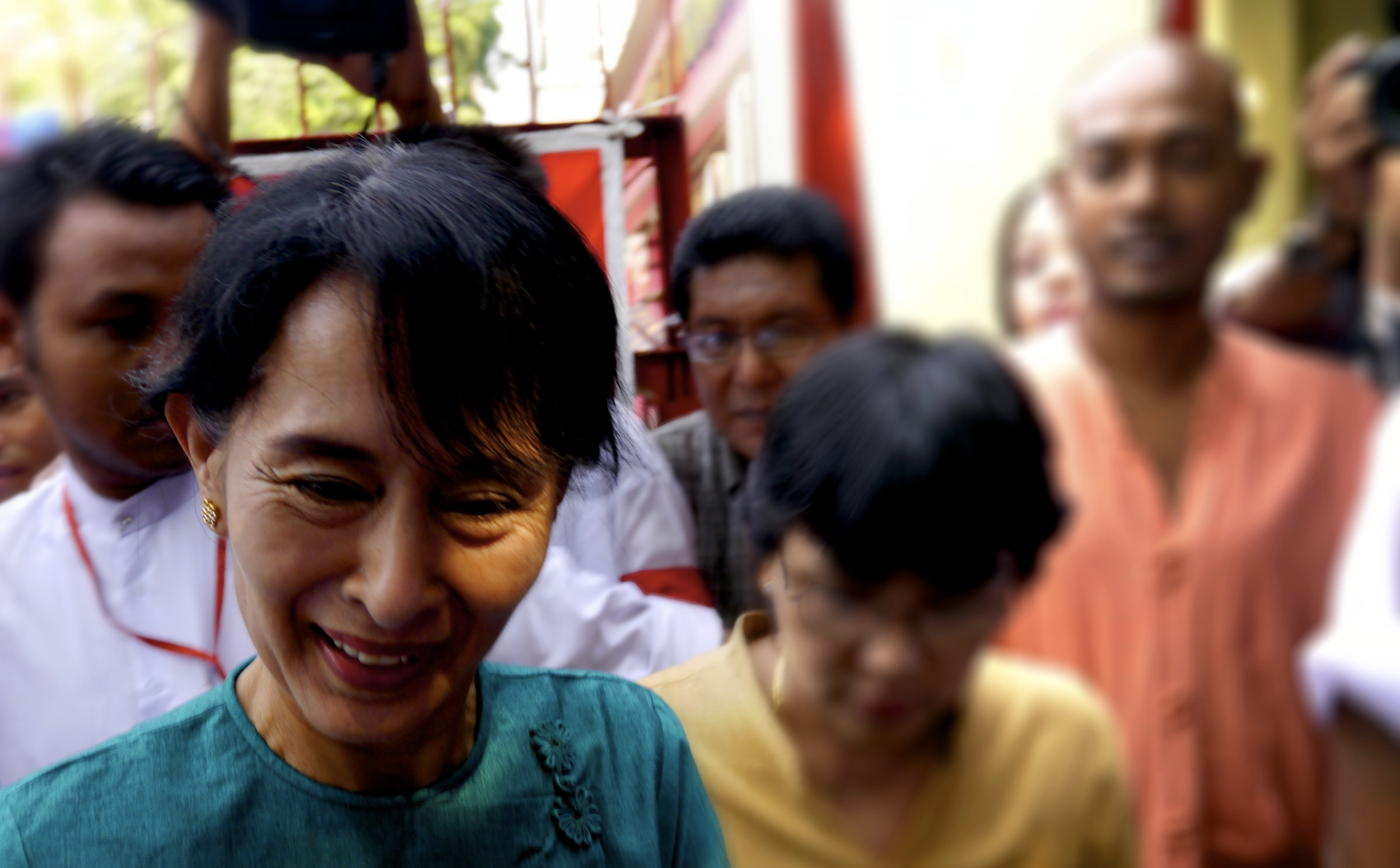
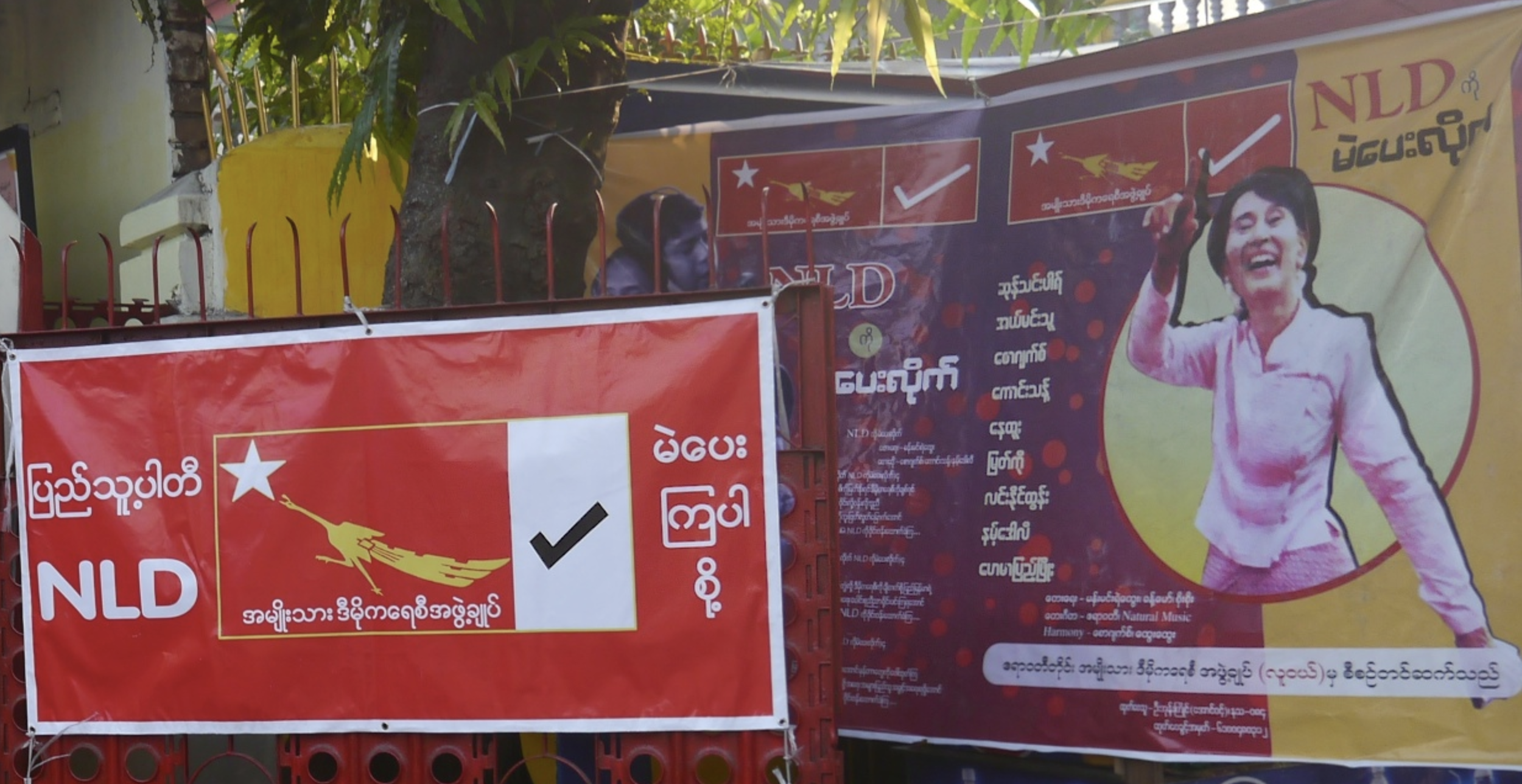
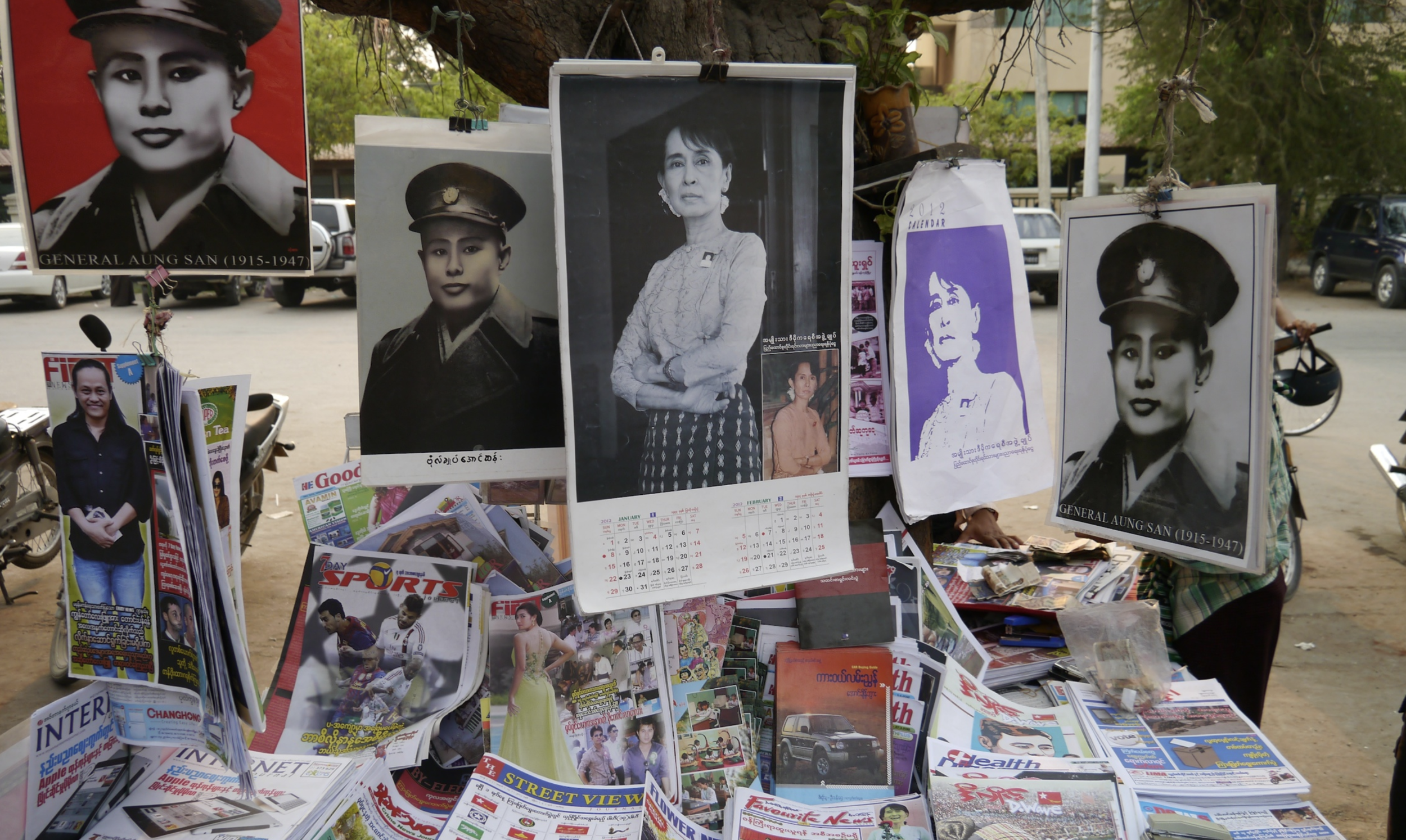
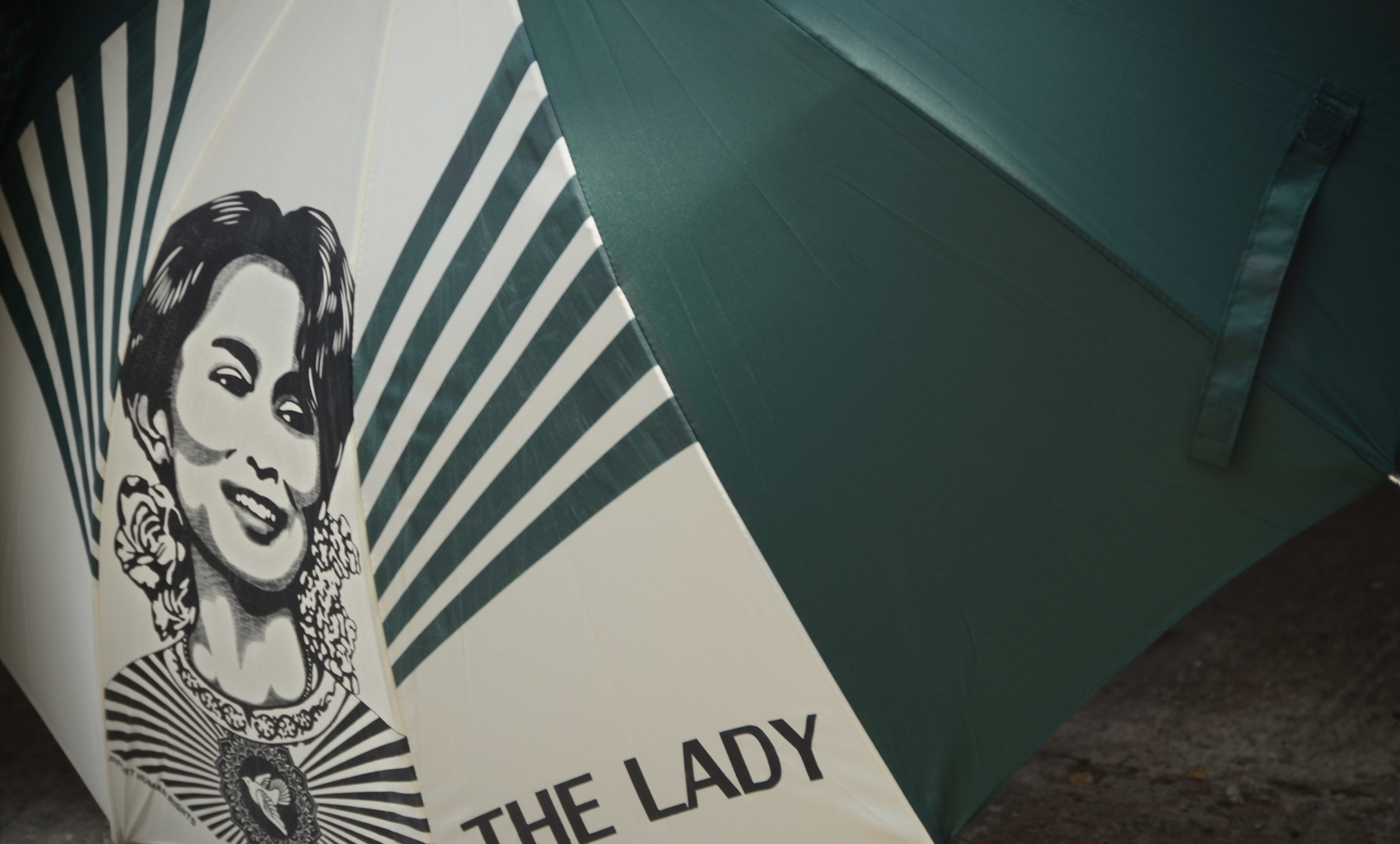
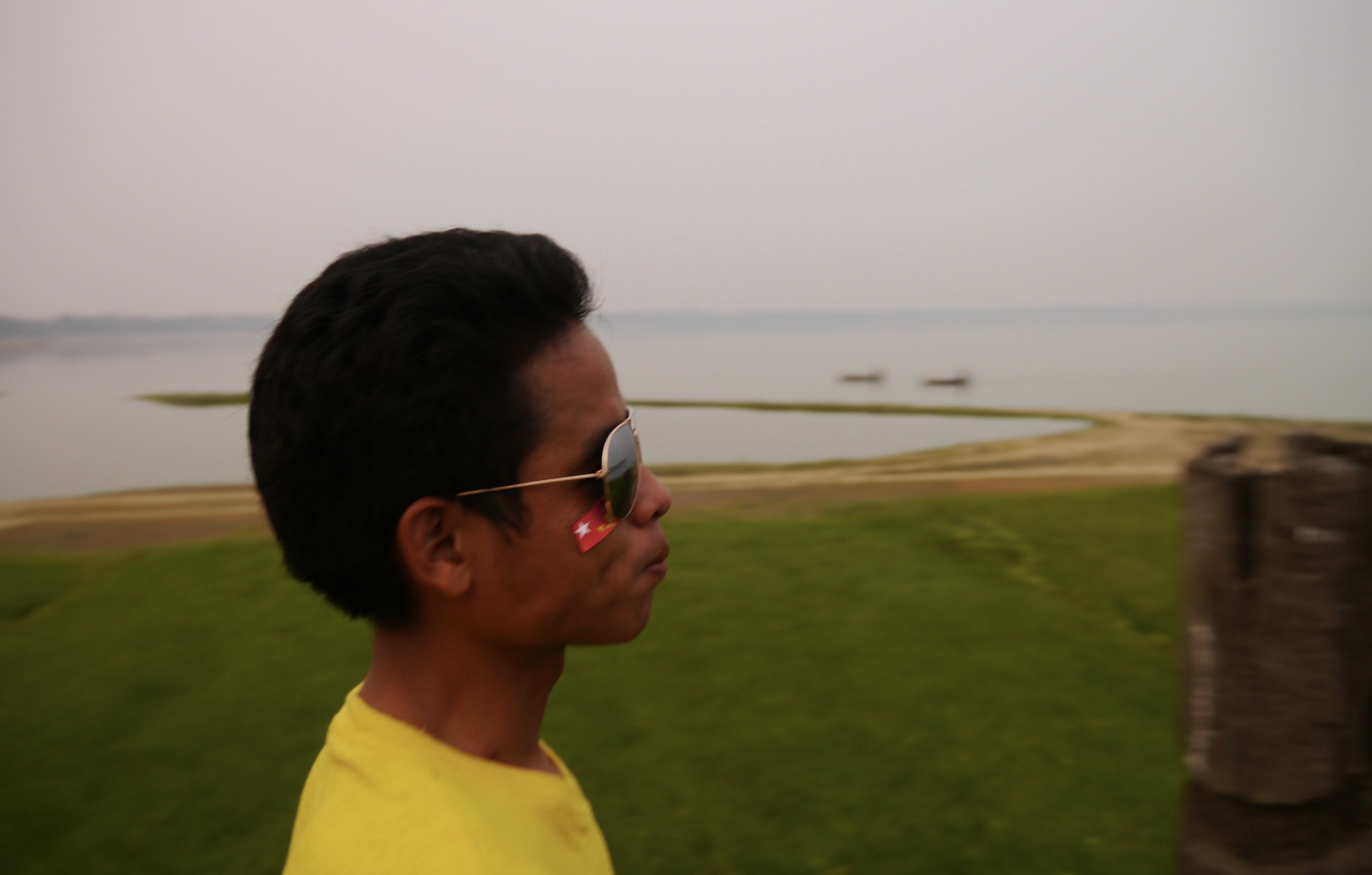
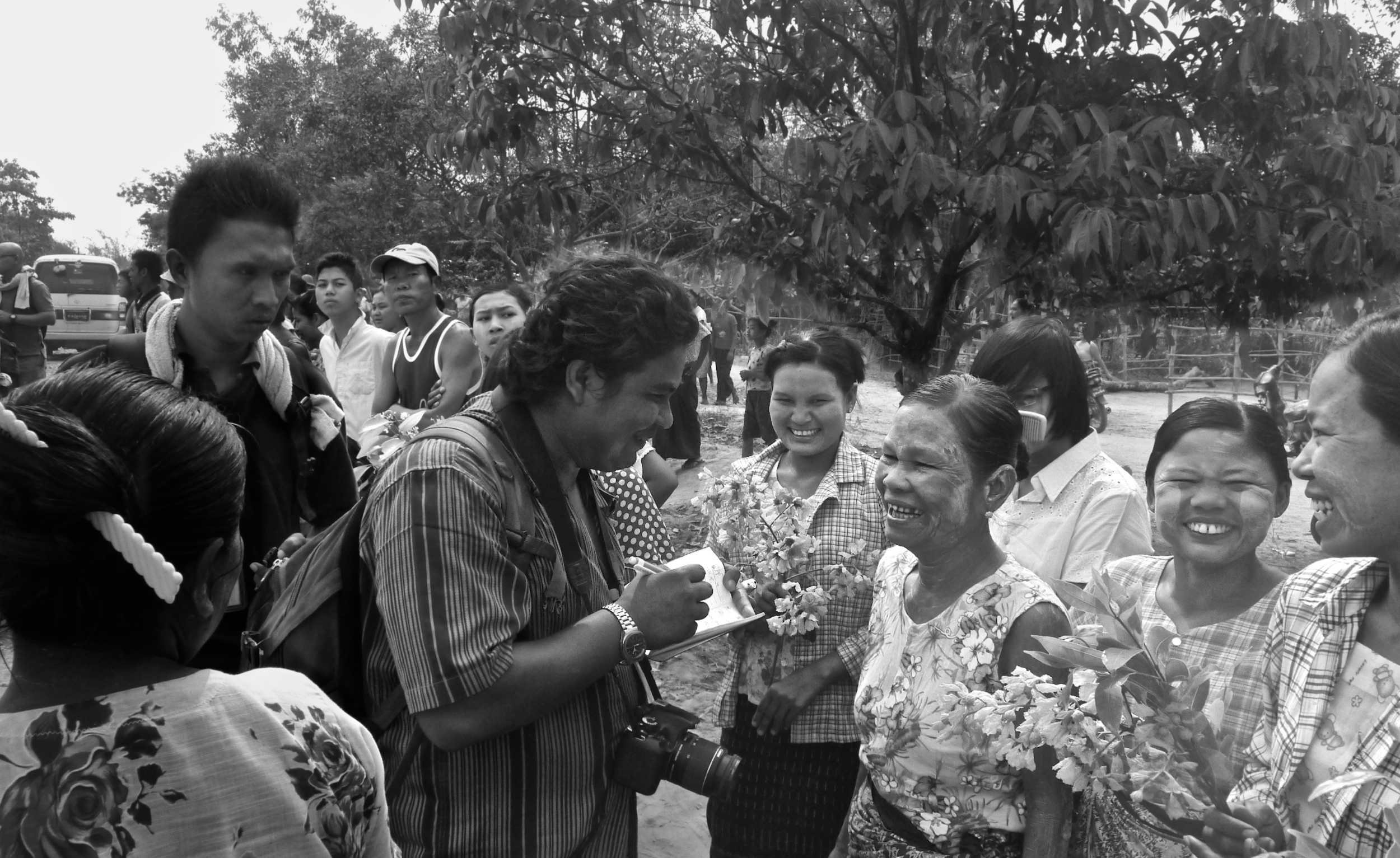
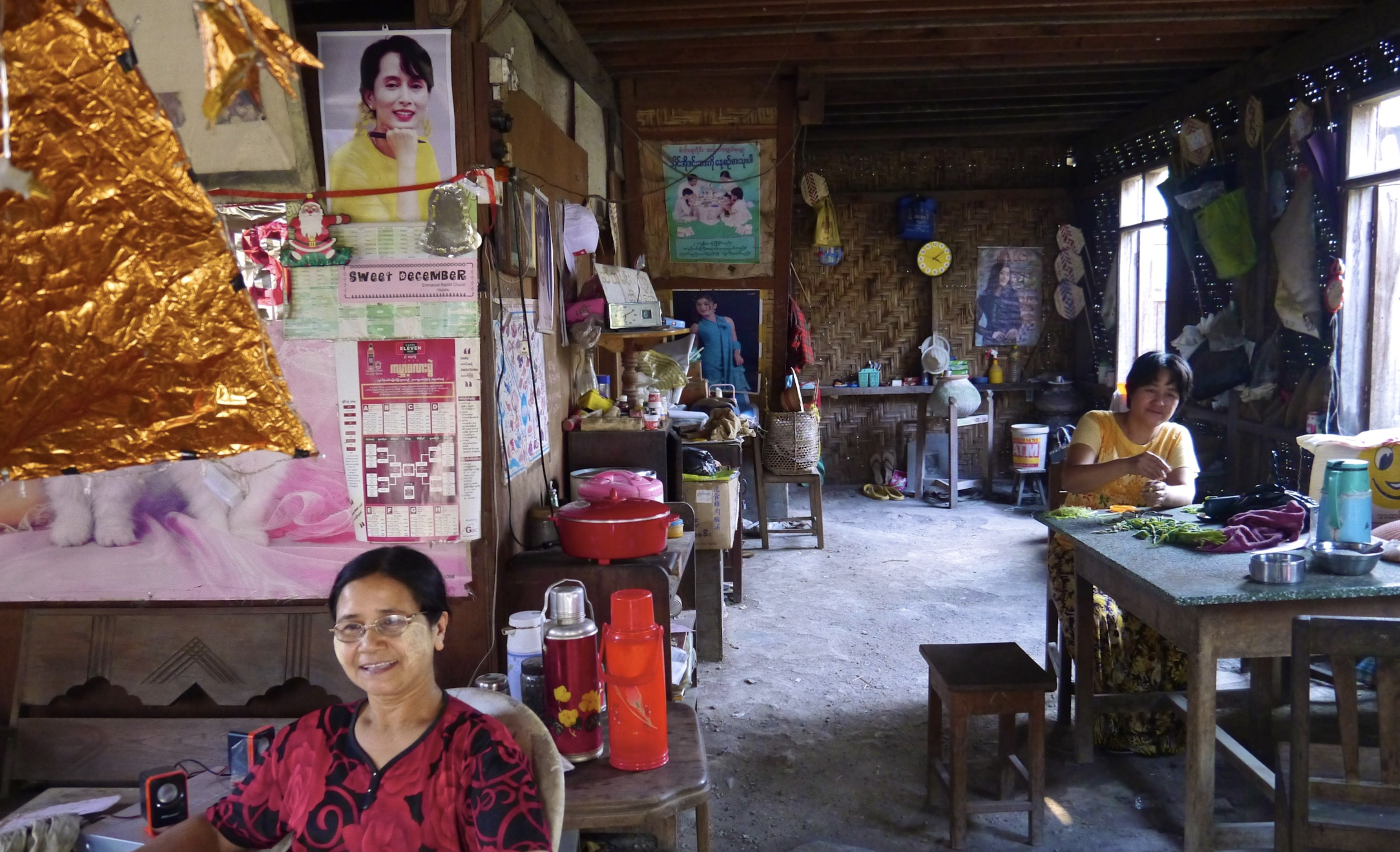
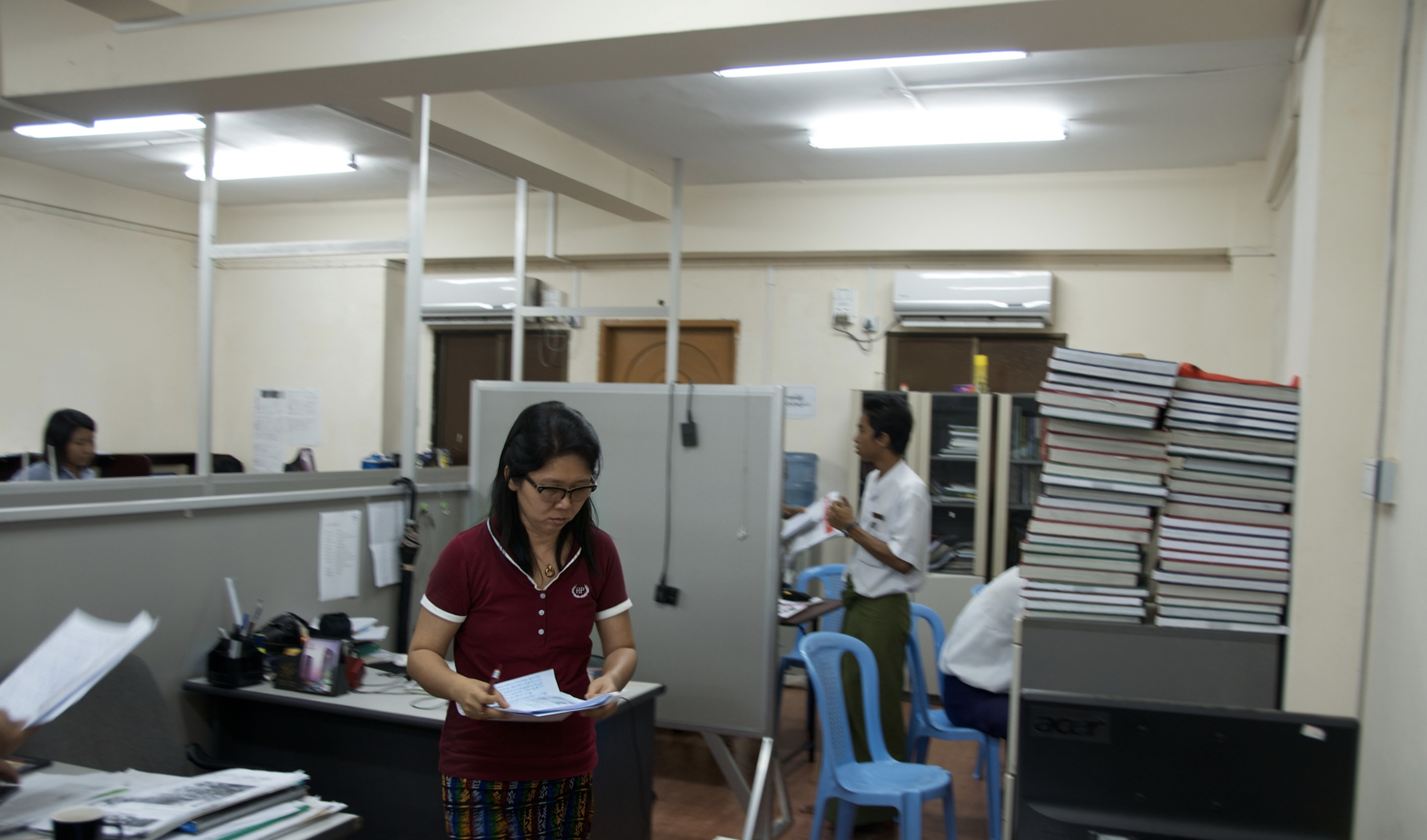
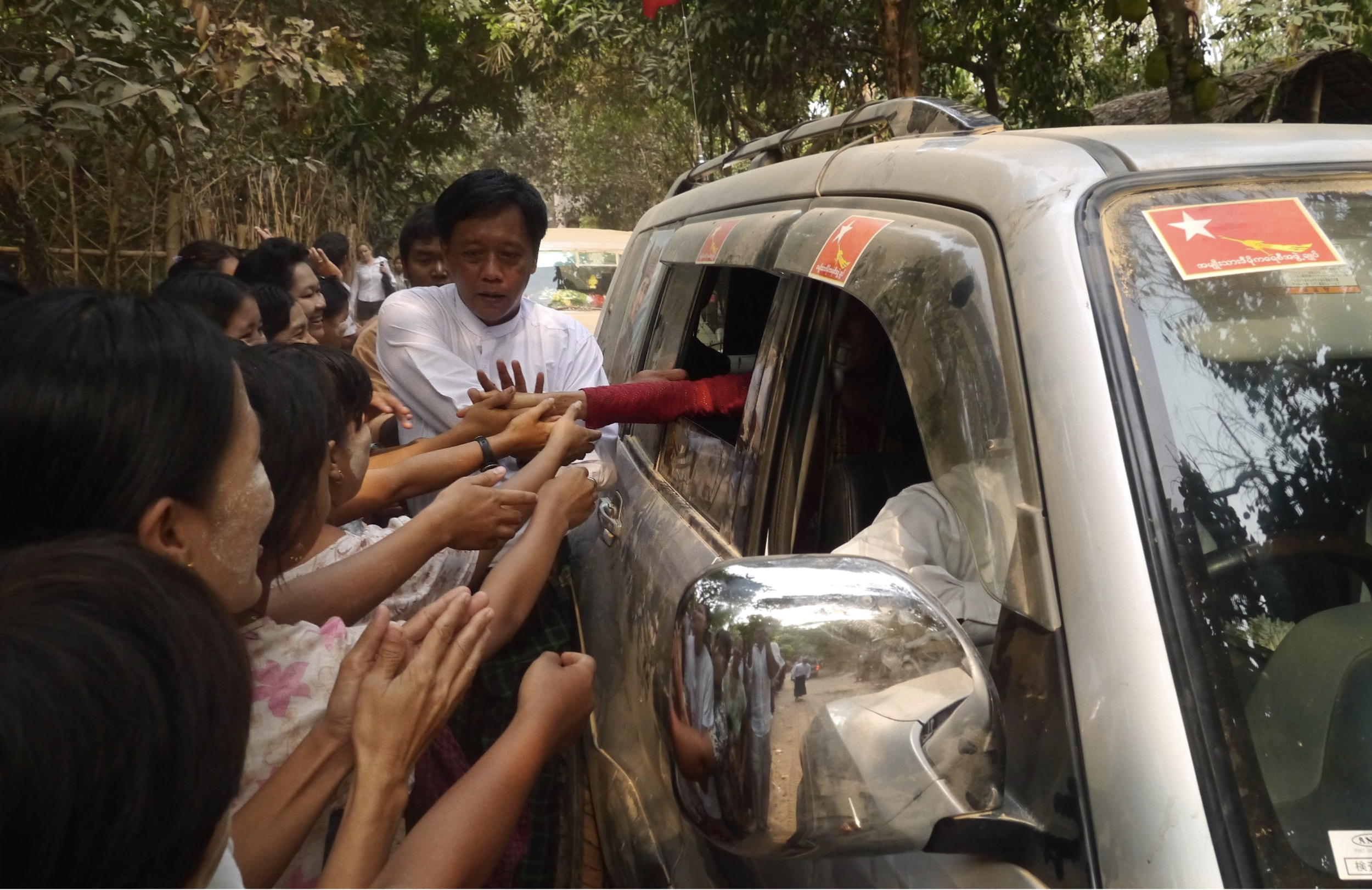
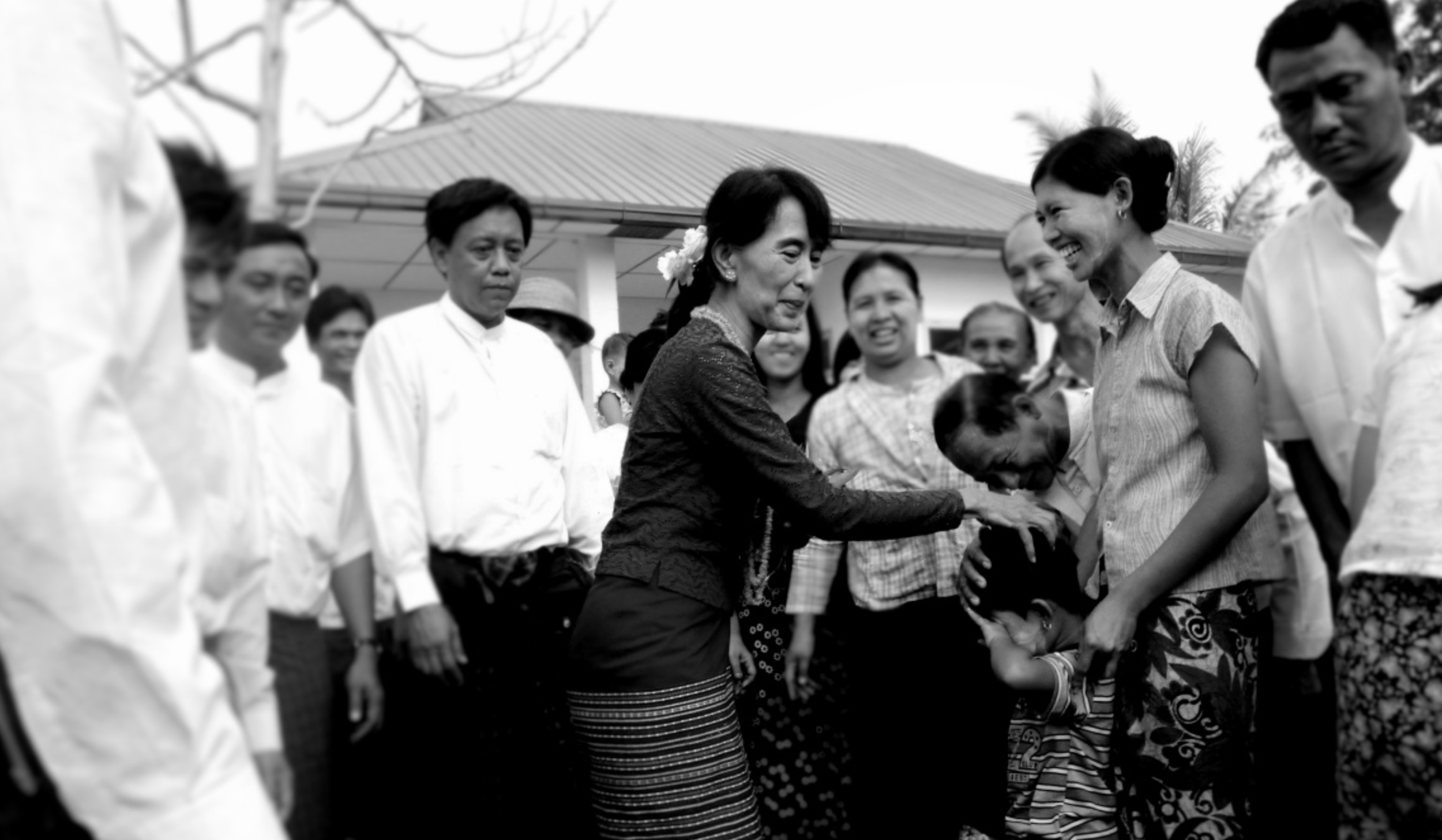
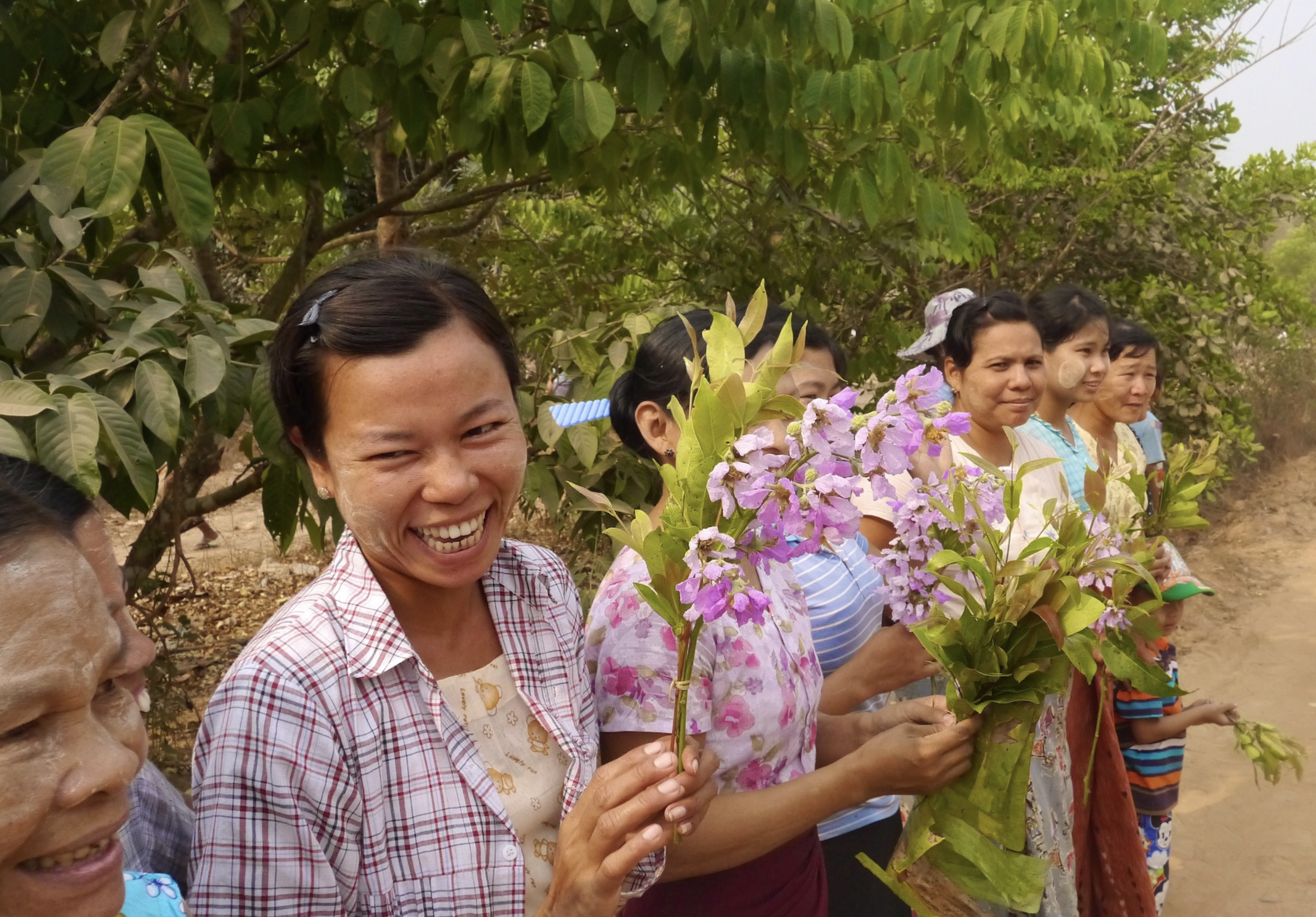
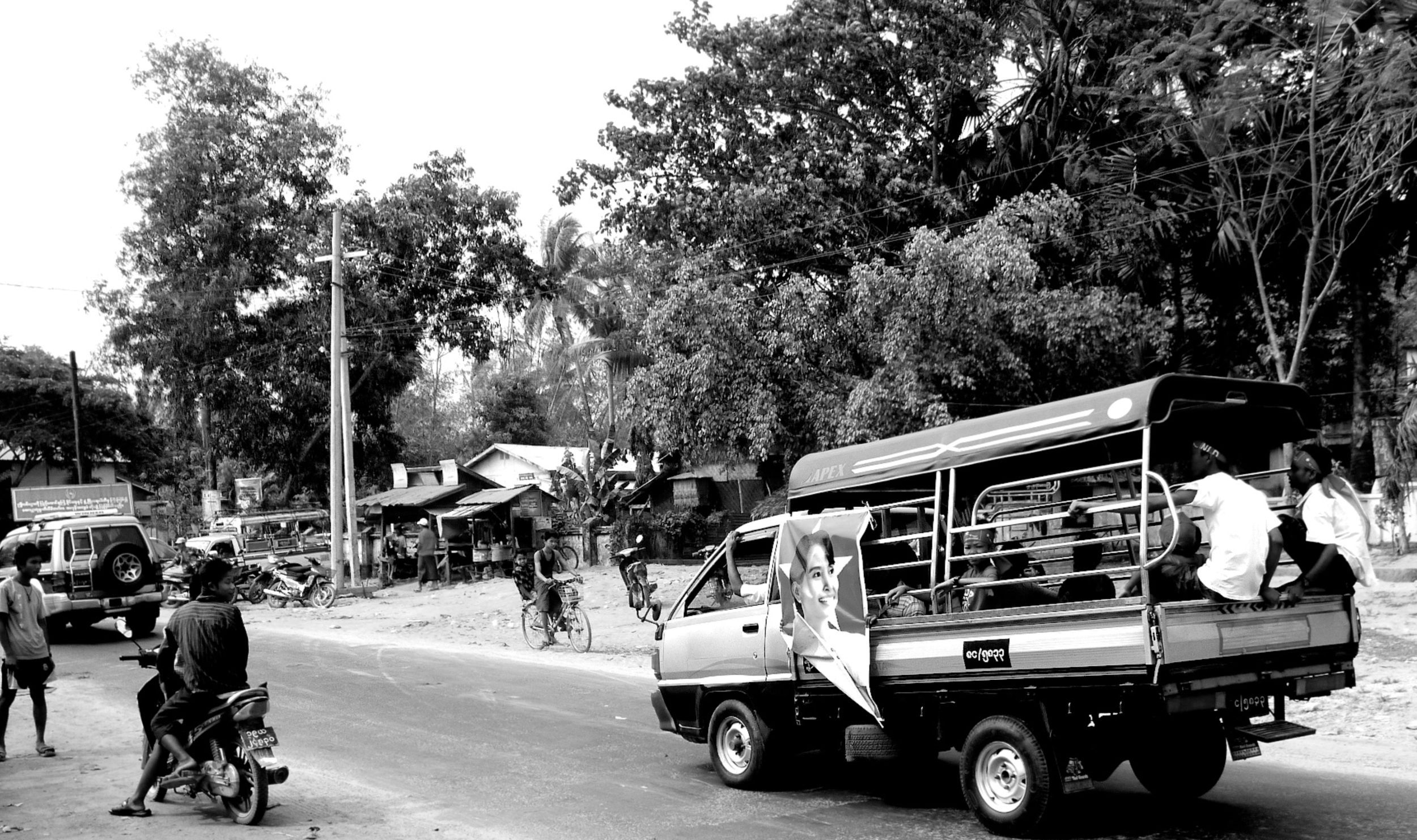
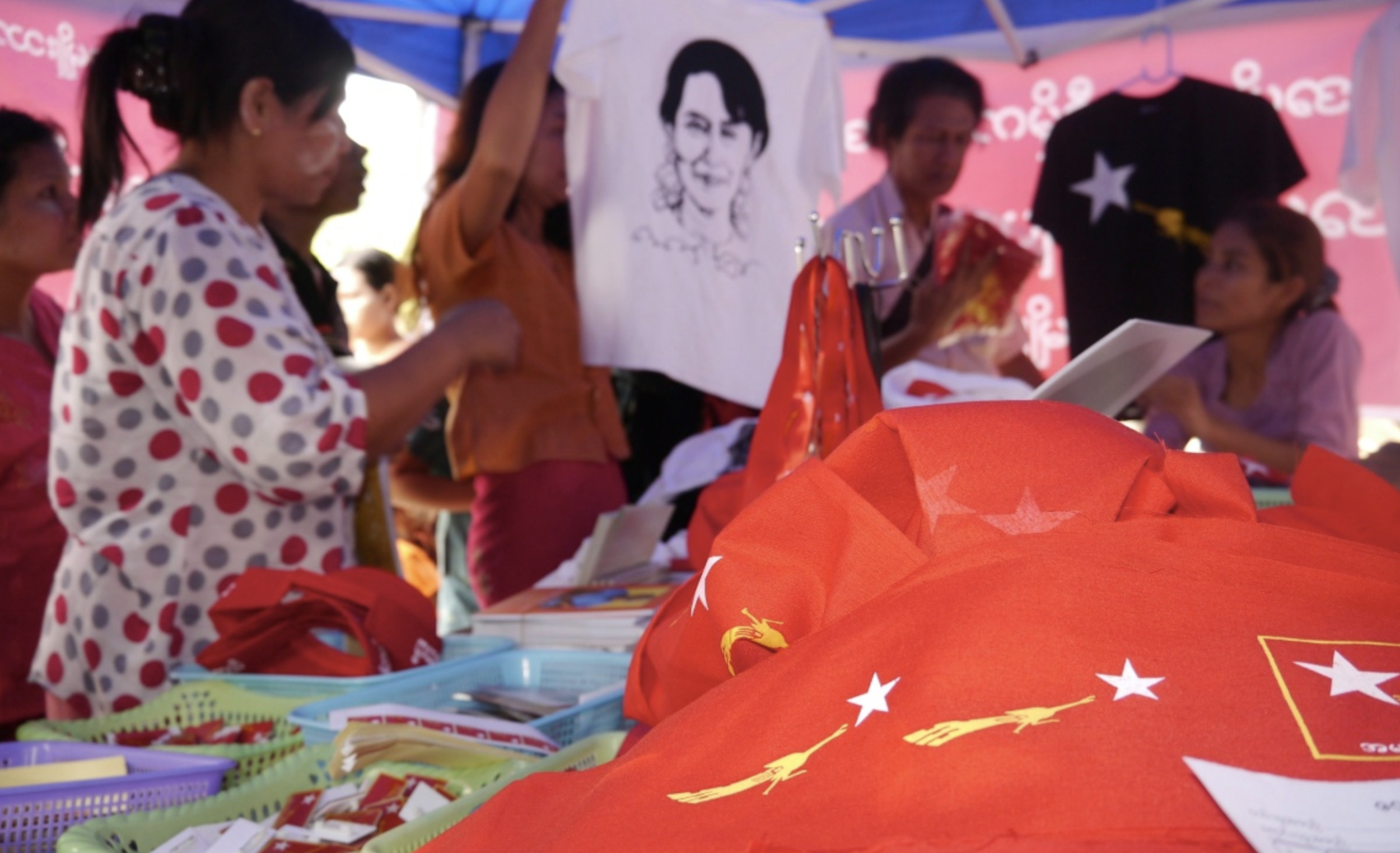
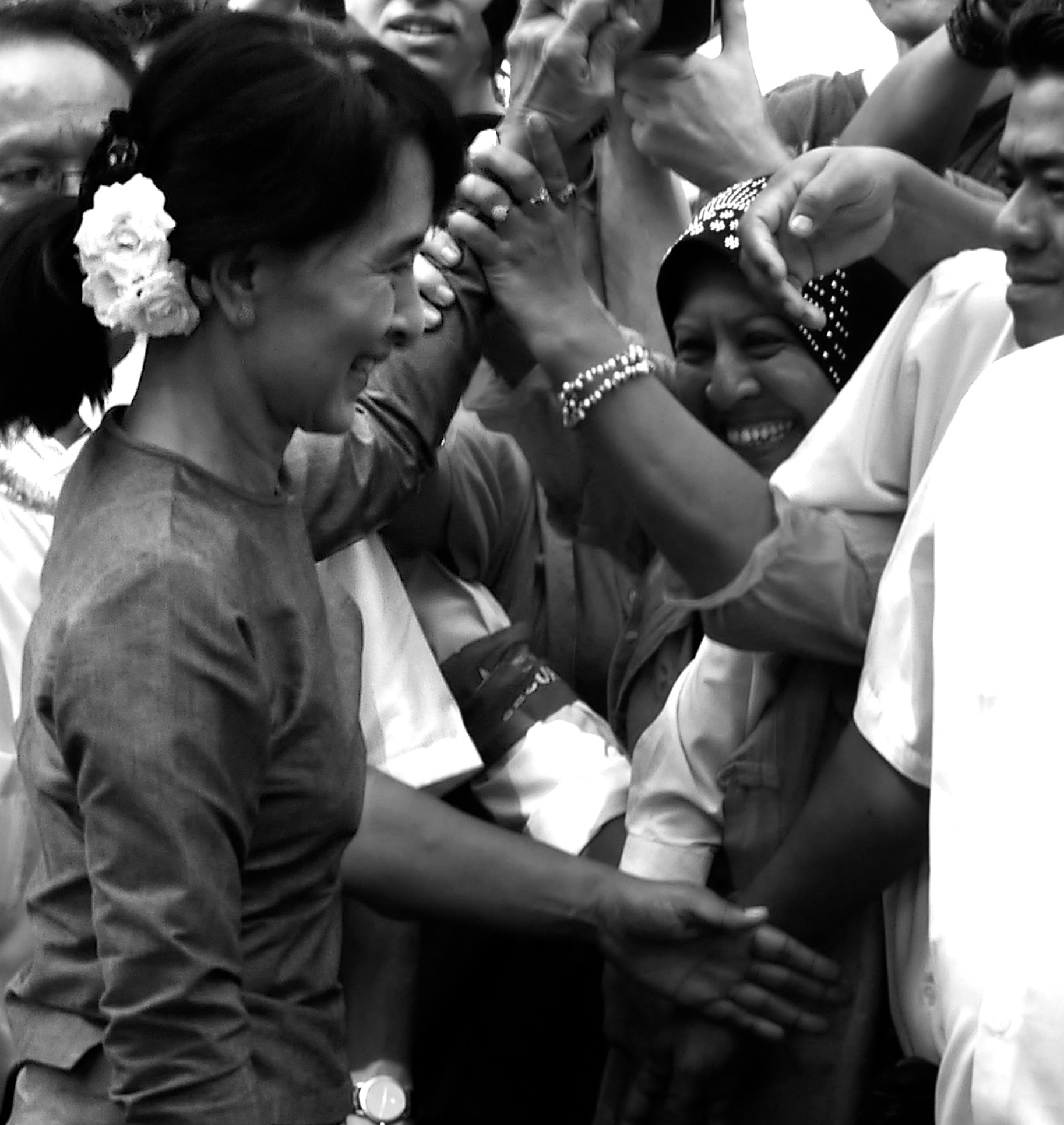
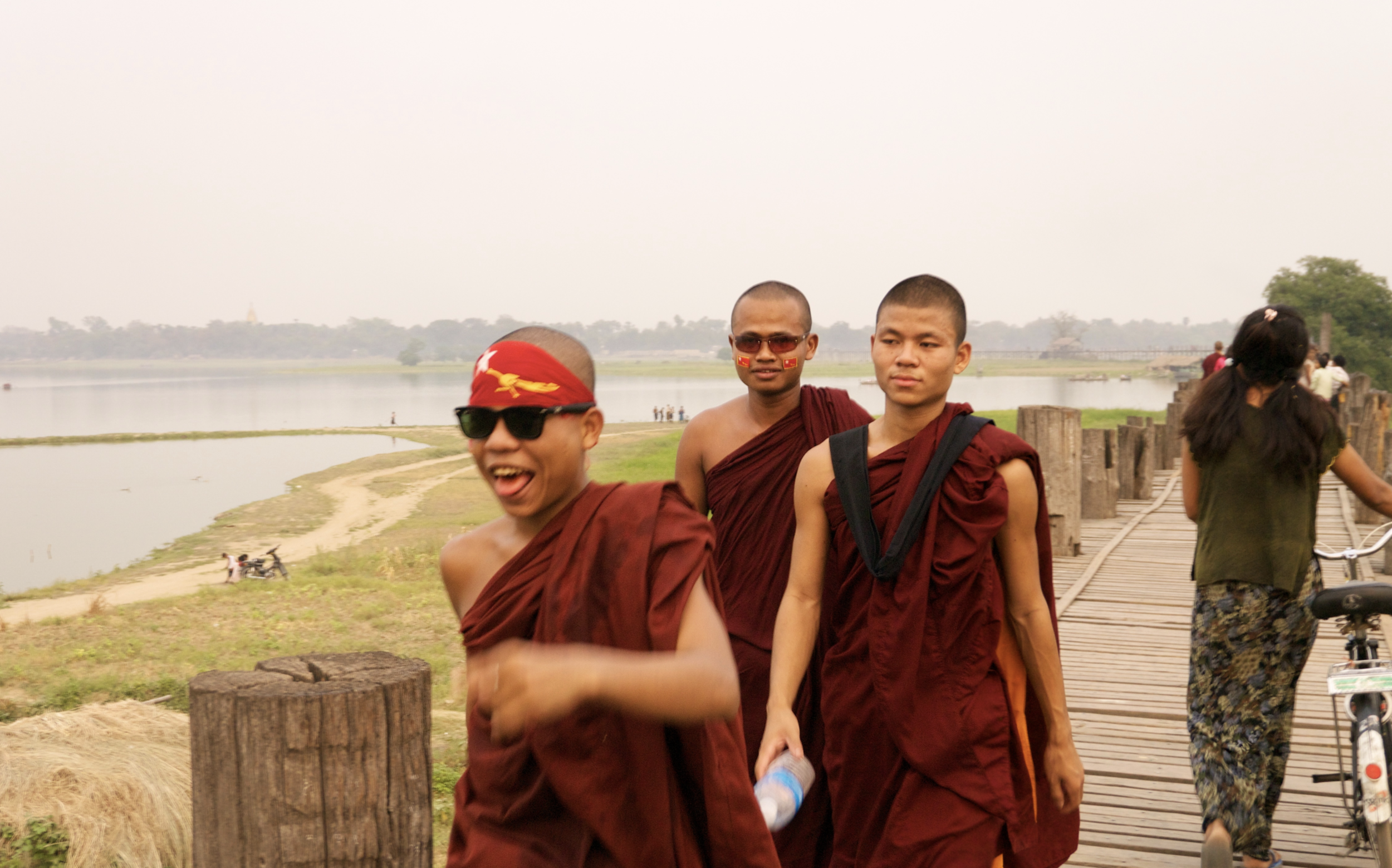
By Abhijit Dutta
It was not too long ago when Burma, or Myanmar as it was renamed in 1989, was considered in the same league as failed states like North Korea or Iran. Human rights violations, crushing poverty, absence of a free press, a crisis of healthcare, brutal dictatorship, and complete isolation – this was the context in which news of Burma reached us, if at all. Yet amidst the despondency, there was always one name that we wanted to hang our hopes on: Aung San Suu Kyi.
For over two decades now, Suu Kyi’s silent, peaceful, meditative protest from behind locked doors has become a symbol of resistance the world over, lending her an aura comparable to that of Gandhi (of whom she is an admirer) and Mandela. But hope – as Suu Kyi learned first-hand in 1990 – is an ephemeral thing in Burma.
Yet hope seems to have regained currency. In 2010, Daw Suu, the honorific title by which Suu Kyi is more commonly referred to, was inexplicably released from house arrest and this April allowed to stand for office. In a move fitting her image as a savior, she chose to run for the seat representing the township of Kawhmu, outside Yangon, in the elections; Kawhmu was among the areas worst affected during the 2008 Cyclone Nargis, and is a symbol of the military’s humanitarian failure. Expectedly, she won.
Unlike 1990, the verdict – a landslide victory for Suu Kyi and her party, the National League for Democracy (NLD) – was respected and, for the first time in her twenty-four years of struggle, she walked into the country’s parliament as an elected representative of her people.
Still, Suu Kyi, who has been on a whirlwind tour of Europe over the past week collecting awards and addressing audiences ranging from royalty to rock stars, has counseled against “reckless optimism.” She might even point out that, after all, peacocks – a prominent symbol in Burma’s history and featured on her party’s flag – cannot fly. But anyone who has witnessed the country’s mood these last few months cannot help but believe in her power to make the impossible possible.
In this photo essay, composed during the weeks leading up to and following Aung San Suu Kyi’s historic win in the April elections, I focus on some of the major changes that have marked this improbable “flight of the golden peacock.”
About the Author
Abhijit Dutta is a writer-photographer working with narratives in travel, culture and politics, focusing primarily (but not exclusively) on South and South East Asia. He has most recently written about East Timor, Myanmar, Kashmir and Cambodia. His work has appeared in Mint (a WSJ partner in India), Lonely Planet Magazine India, Lonely Planet Magazine Asia, National Geographic Traveller India, Times of India Crest, The Caravan, Kafila, Outlookindia, and Gadling (an AOL-Huffington Post blog), among several others. He can be contacted at abhijitduttaphotography.com